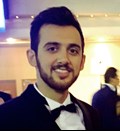 Shayan Shahidi, ENT Specialist Registrar; AOT Secretary; BRSJ Residents’ Doctors’ Representative, Wessex, UK.
Shayan Shahidi, ENT Specialist Registrar; AOT Secretary; BRSJ Residents’ Doctors’ Representative, Wessex, UK.
For the first time, the British Society of Facial Plastic Surgery (BSFPS) hosted its Juniors’ Day and Annual Meeting as a combined two-day programme in Edinburgh.
The meeting brought together more than 60 delegates and speakers from six specialities to address innovation, ethics, training and the future of aesthetic and reconstructive practice. A consistent message ran through the meeting: collaboration and consistency, with safe progress grounded in sound clinical assessment, transparent consent and measured adoption of new techniques. 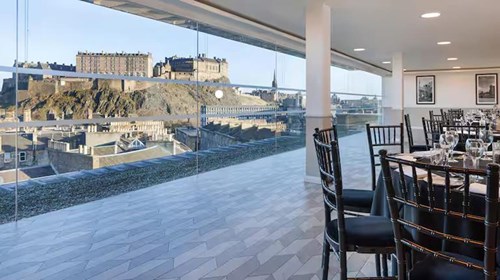
Juniors’ Day opened with core reconstruction. Oculoplastic, maxillofacial and plastic surgery colleagues outlined approaches to eyelid, lip and pinna defects, balancing function with aesthetic contour and the added challenges seen in cancer cases. Dermatologist Dr Fraser reviewed contemporary pathways for facial skin-cancer management. As an attendee, I found the cross-speciality framing sharpened early decision-making, particularly around defect analysis, tissue choice and rehabilitation planning that frequently involve ENT teams. 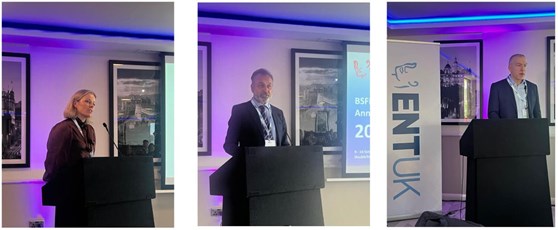
The Annual Meeting then pivoted to rhinoplasty fundamentals. Mr Rokade addressed principles of nasal valve surgery, while Mr Joshi surveyed ligamentous and soft-tissue preservation as the basis for stable, functional outcomes. Dr Shahsavari examined ethics and regulation in the socialmedia era, speaking as an NHS-trained ear, ENT surgeon now practising cosmetic surgery in Dubai. She highlighted oversight gaps in a UK market of more than seven million consumers, where 68% of procedures are performed by non-doctors. Mr Biggs outlined his experience with the RCS Cosmetic Surgery Certification and its potential to set competency and governance benchmarks, reinforcing these themes. A live injectables session by Mr Ravichandran clarified anatomical planes, product selection and complication avoidance, a timely addition given rising demand for non-surgical interventions.
Trainee free-paper sessions maintained momentum, covering the emerging role of non-surgical rhinoplasty and simulation-based training, and the networking dinner sustained discussion across grades. 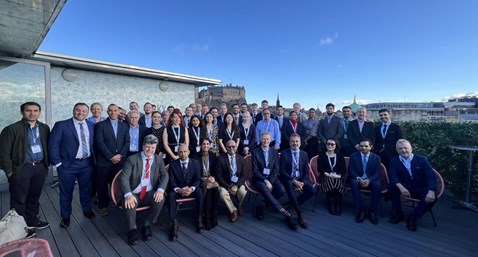
Day two maintained a broad clinical lens with sessions on facial reanimation, auricular reconstruction and advanced septorhinoplasty. Mr Balaji offered a framework for challenging consultations – the Five Es: Explore, Educate, Evaluate , Engage and Exit strategies – before Mr Anari chaired a lively complex-case panel translating principles into operative strategy. Prof Andrews outlined the evolving role of functional septorhinoplasty and a pre-operative pathway using PROMs and peak nasal inspiratory flow (PNIF) for case selection, with emerging work on AI supporting PNIF interpretation. 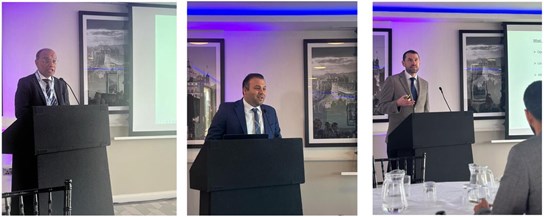
Prof Fazil Apaydin’s keynote distilled the central theme: predictability and consistency should guide adoption of new techniques, and pre-operative time to understand expectations pays dividends. His account of building international meetings and contributions to the European Academy of Facial Plastic Surgery (EAFPS) underscored the value of shared training networks. 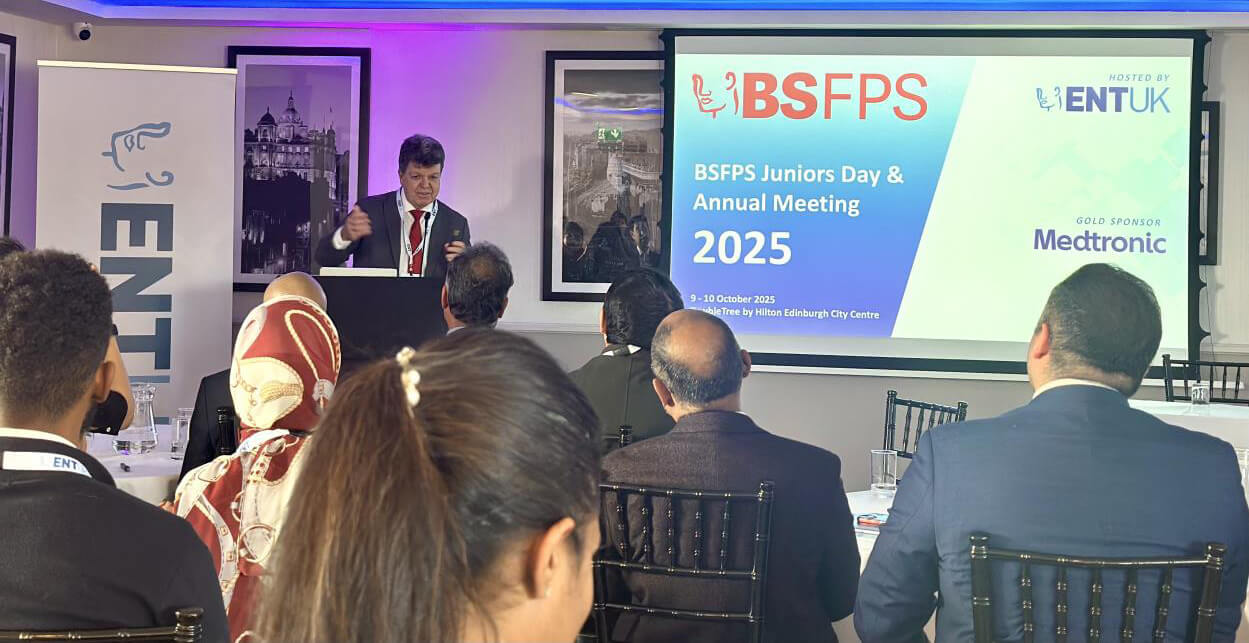
The meeting concluded with the Annual General Meeting (AGM), where organisational matters were discussed and decisions taken to drive the society’s work forward. Taken together, the 2025 BSFPS meeting affirmed a strong, multidisciplinary community focused on standards, training and measured adoption of new techniques.
The next meeting is provisionally scheduled for March 2027 in Winchester, Hampshire, UK.



